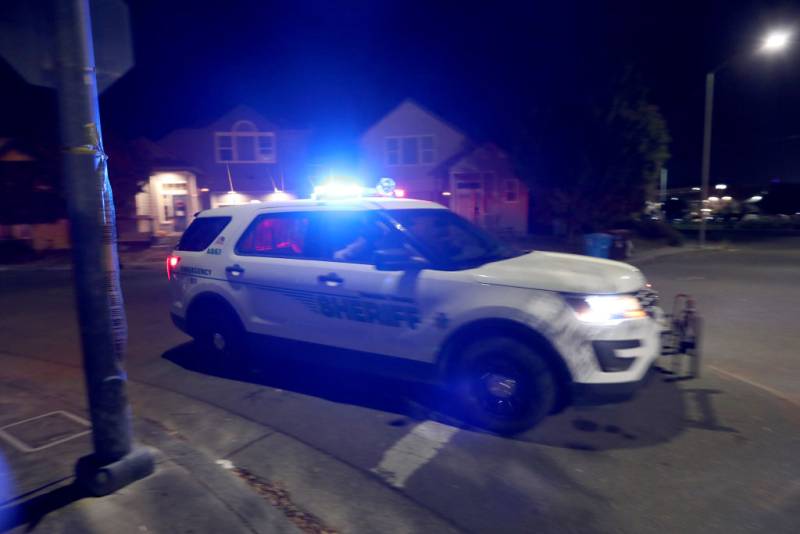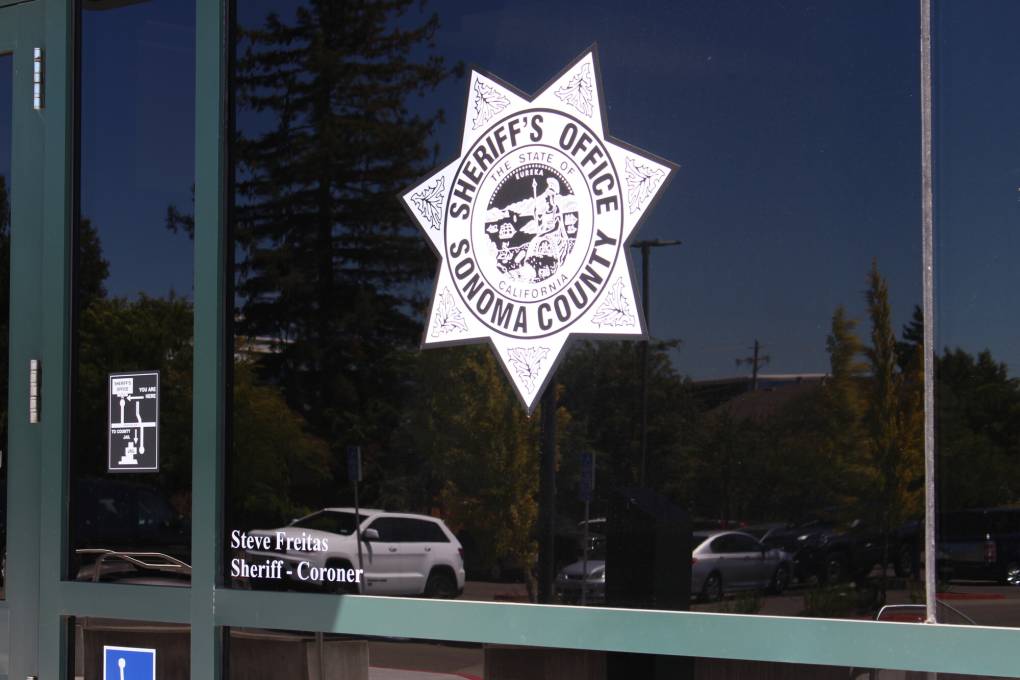A Sonoma County judge has ruled that a civilian oversight agency lacks the authority to subpoena the sheriff for records while investigating whistleblower complaints involving staff.
The decision shocked supporters of law enforcement oversight who closely watched the case that tested the limits of an independent oversight board to force a sheriff to provide information. It struck a blow against the power of an agency born from the death of 13-year-old Andy Lopez a decade ago and strengthened by Sonoma County voters in 2020 following the murder of George Floyd.
The Independent Office of Law Enforcement Review and Outreach took Sheriff Eddie Engram to court for failing to comply with two subpoenas the agency issued in April of this year.


